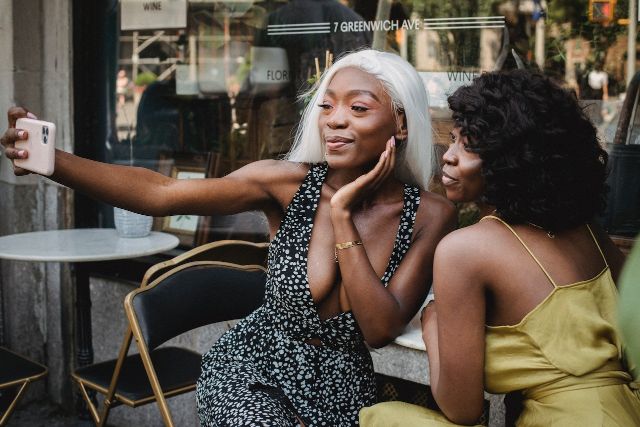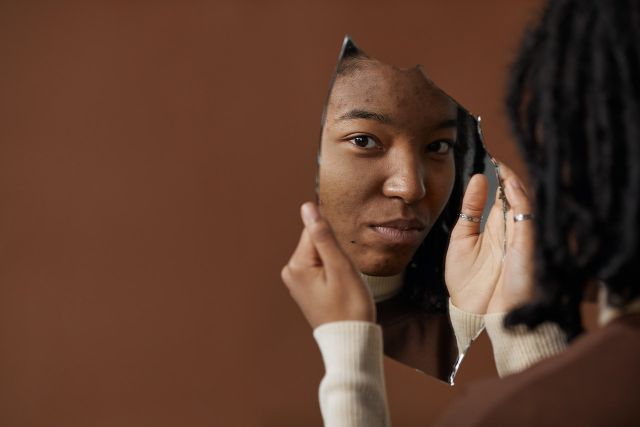
Navigating the Digital Beauty Dilemma.
Social media platforms, which enable us to connect, share, and interact with others online, have grown to be a crucial part of our lives in the current digital era. But in addition to its advantages, social media has also had some drawbacks, notably in terms of body image and mental health. This blog article will examine how social media affects people’s impressions of their bodies and their mental health(“Social media’s impact on body image and mental health”)
The Idealized Beauty Standards.
Social media sites frequently present a perfected idea of beauty through carefully selected posts and photographs. Influencers and celebrities might promote unrealistic beauty standards that are difficult for the common person to meet with their immaculate looks and manipulated photographs. Users could experience poor body image impressions as a result, feeling insufficient or unsatisfied with their own appearance.

Comparison and Self-Esteem.
The persistent propensity to compare oneself to others is one of social media’s negative impacts. Users might start comparing their physical characteristics—including body type, size, and facial features—to the seemingly ideal bodies displayed on social media. By encouraging feelings of inadequacy and a mistaken perspective of one’s own worth, this frequent comparison can lower self-esteem.
Cyberbullying and Trolling.
Cyberbullying and trolling can be perpetrated on social media, which can have a negative impact on a person’s mental health. An increase in the likelihood of anxiety, sadness, and other mental health conditions can all be brought on by unfavorable remarks, body shaming, and personal attacks, which can also cause self-esteem to plummet. These harmful internet spaces may make negative body image concerns worse.https://lifesciencesjournal.org/2020/02/the-effects-of-social-media-on-body-image-and-mental-health/

Filtered Reality vs. Real Life.
The popularity of social media filters and editing tools can produce a striking discrepancy between the online persona and outside appearances. When confronted with their unfiltered reality, users may experience feelings of uncertainty and self-consciousness as a result of the pressure to create a perfect image of themselves online. This discrepancy between what appears to be perfection online and what is actually imperfect can have a serious negative effect on mental health.https://www.apa.org/news/press/releases/2023/02/social-media-body-image

Seeking Validation and Likes.
The quest for approval on social media, especially in the form of likes and comments, can be harmful to one’s mental health. Users could start to relate how many likes or good comments they get to how they feel about themselves and their bodies, creating a persistent desire for outside approval. Feelings of rejection, anxiety, and low self-esteem can be brought on by a lack of validation.
Conclusion.
Social media can be a useful tool for self-expression and communication, but it also has an impact on people’s perceptions of their bodies and mental health. Negative body image impressions and associated mental health difficulties are influenced by exaggerated beauty standards, comparison culture, cyberbullying, filtered reality, and the search for affirmation. In order to lessen these negative impacts and emphasize mental health in the digital era, it is essential to raise awareness, promote digital well-being, and support a good connection with social media.https://psychcentral.com/health/how-the-media-affects-body-image#negative-effects



Pingback: Digital Detox and Mental Well-being